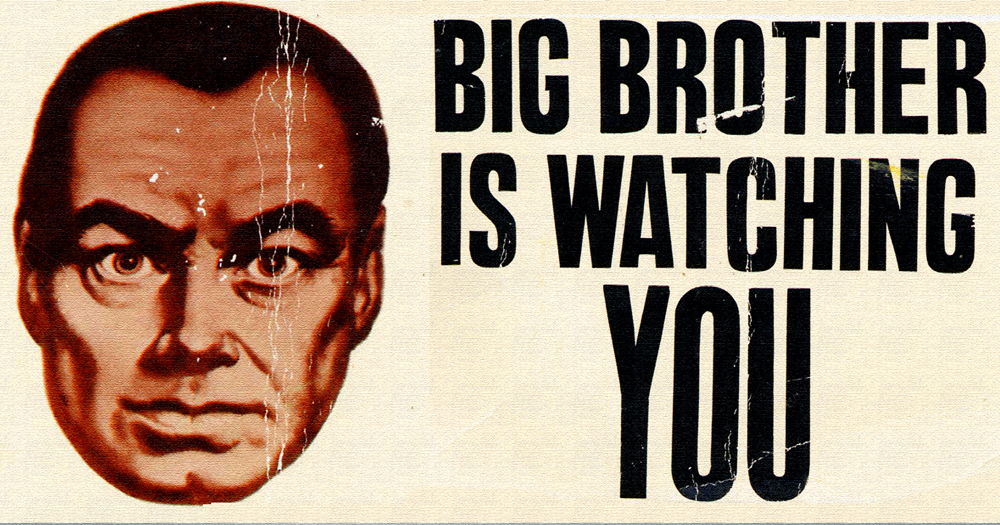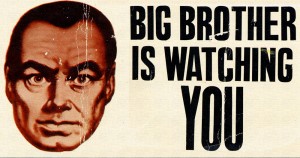Give ’em an inch, they will take … a continent.
When Edward Snowden broke the secrecy of the NSA’s illegal surveillance on innocent Americans, many folks (especially those in government) said the snooping was OK, because
- it is necessary for our security, and, besides,
- the collected data would only be used against terrorists, as supervised by the FISA courts.
Well, it is now known that, whatever “a.” may be, “b.” is a dead letter, swept away by broken promises and a new information practice.
Yes, the National Security Agency now shares its (unconstitutionally obtained) information with various and sundry government agencies, for a wide variety of purposes.
Last week, Radley Balko noted in the Washington Post that “the ‘sneak-and-peek’ provision of the Patriot Act that was alleged to be used only in national security and terrorism investigations has overwhelmingly been used in narcotics cases. Now the New York Times reports that National Security Agency data will be shared with other intelligence agencies like the FBI without first applying any screens for privacy.”
That didn’t take long, eh?
Many of us have opposed the NSA’s data collection on American citizens because we believed the data would not continue to be used just for the alleged purpose they were collected.
It is not a “slippery slope” argument so much as an “inch-mile” one. Government tends to grow, in size and especially in scope.
And usually at the expense of our freedoms.
This is Common Sense. I’m Paul Jacob.



